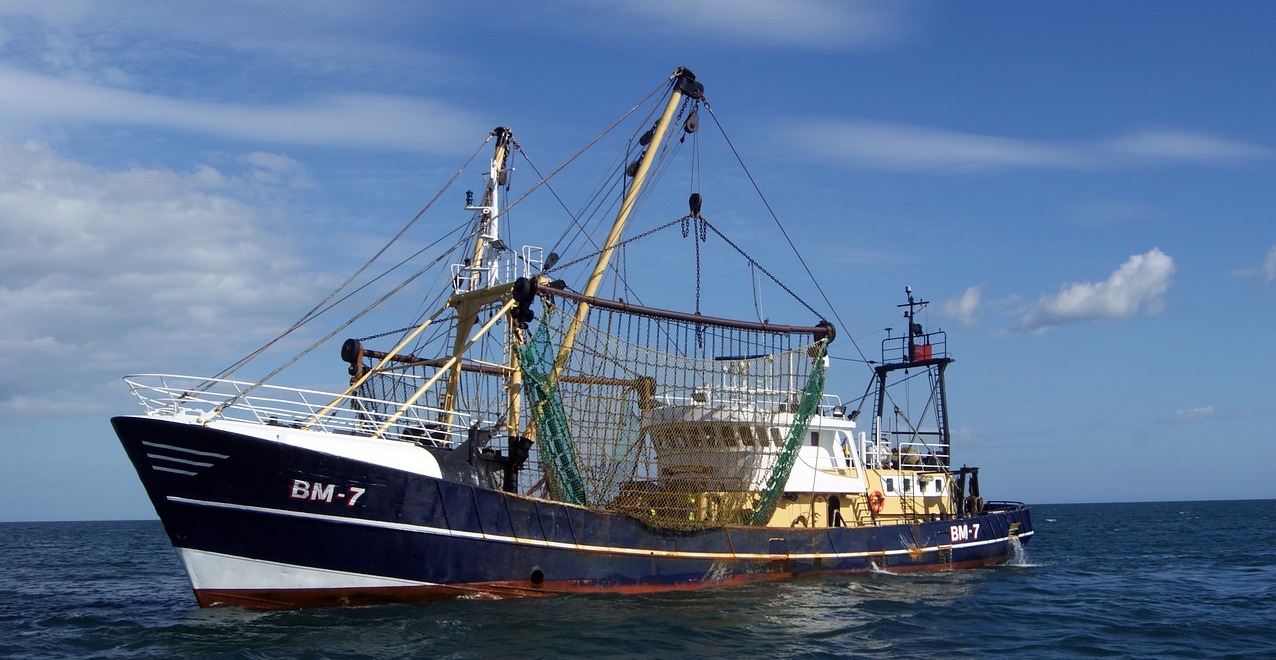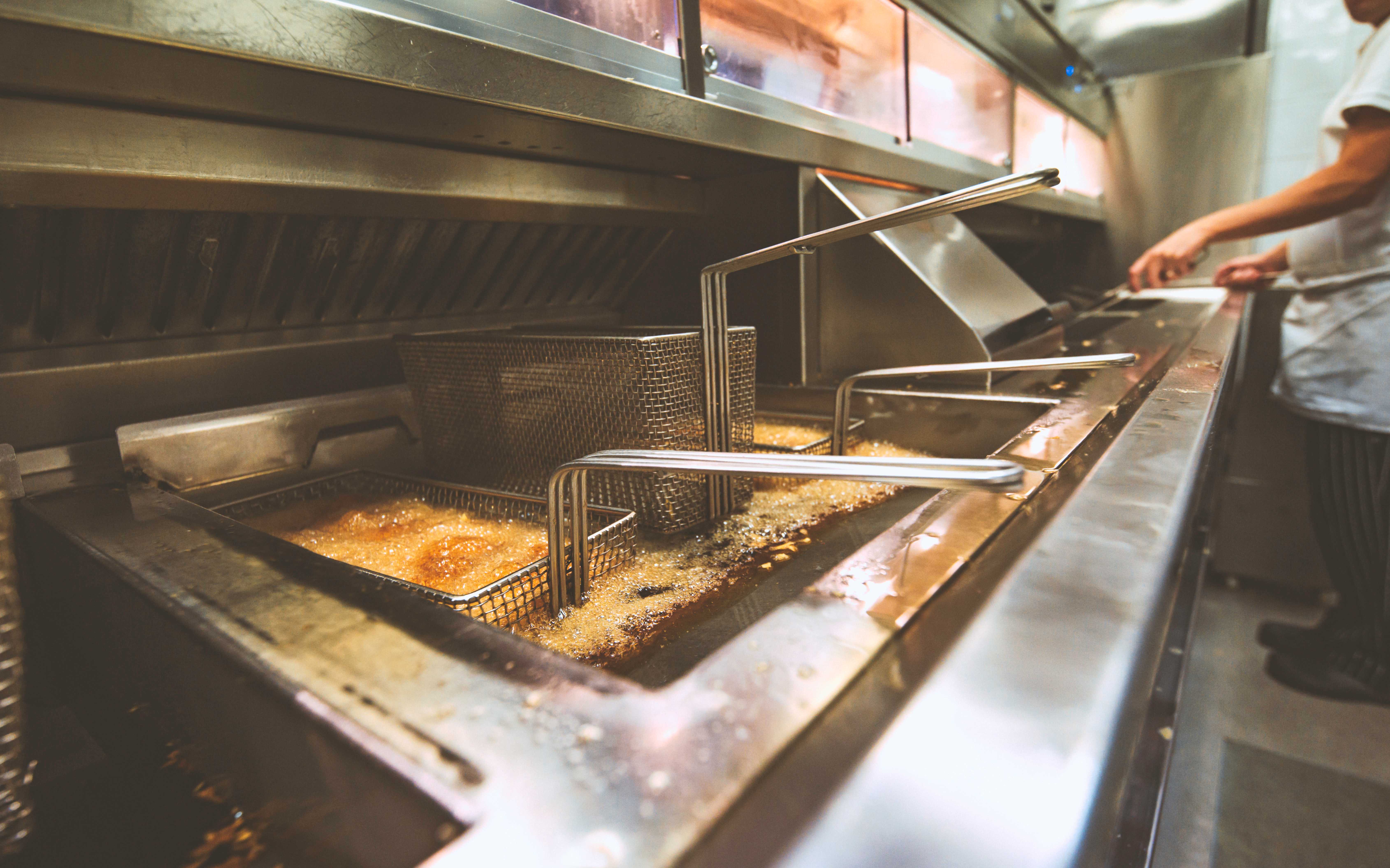In April, we covered the success story of sustainable fishing and the North Sea cod. After reaching the brink of extinction in 2006, the UK’s most local cod stocks recovered to sustainable levels and in 2017 the Marine Stewardship Council (MSC) gave it the long-awaited ‘blue tick’ sustainable status.
This certificate is used to inform the British fishing industry that there are enough cod in the North Sea for commercial fishing to continue without fish populations crashing.
However, cut to Autumn 2019 and the situation isn’t quite as rosy. That’s because the MSC recently retracted North Sea cod’s certificate of sustainable status in their Good Fish Guide, claiming their stock models show that North Sea cod numbers are currently below the “safe biological level”.
As a result, the MSC has suspended certificates for North Sea cod fisheries until numbers recover.
The MSC’s announcement comes just a couple of months after the International Council for the Exploration of the Sea (ICES) warned that cod was being “harvested unsustainably”, adding that the latest data on stock levels suggests that North Sea fisheries have “not recovered as well as previously thought”.
What does this mean for the UK’s cod fishing industry?
Well, while it’s not the best news for locally sourced cod lovers, it’s important to remember that the MSC’s decision to remove North Sea cod’s sustainable status has been taken to ensure the long-term survival of cod stocks.
We are likely to see the supply of North Sea cod drop as new quotas are introduced to protect current stocks. This means the UK’s fish and chip shops will have to look for alternative sources of cod or turn their efforts to pushing more sustainable fish to their customers.
Thankfully, some of the UK’s favourite fried fish such as haddock, hake and pollock are still considered sustainable. So too is cod caught in Norwegian and Icelandic waters, which is where many chippies source their cod already.
Aoife Martin, director of operations at Seafish, welcomed the protective measure to protect North Sea stocks, commenting:
“The decision to reduce the allowed catch is a great example of responsible fisheries management and the UK fishing industry is right behind it. In fact, they have gone a step further by initiating their own plan to get the stocks back to a level that hopefully sees it MSC-certified again in the future.”
Aoife added: “Fortunately for UK customers who enjoy fish and chips, there are other sources for the nation’s favourite dish and the majority of the cod we eat here comes from waters around Norway and Iceland where supply is plentiful.”
What can be done to help North Sea cod stocks recover?
Many experts see this latest warning from the MSC as another wakeup call for the UK’s fishing industry.
Although there has been a great deal done to improve conservation and sustainable fishing techniques in recent years, there is still a lot of work to be done.
New fishing techniques that aim to improve North Sea cod stocks include testing new nets that don’t catch young fish and prohibiting trawlers from fishing in spawning zones.
“UK-caught or farmed seafood can be a great sustainable option when done right, but it’s vital that people take note of what species they’re buying, where it was caught or farmed, and how,” commented Charlotte Coombes, MCS Good Fish Guide manager.
“MCS’s Good Fish Guide looks at all of these key aspects, as well as wider environmental impacts and how well regulated the farms and fisheries are.”
At Frymax, we are supporters of sustainability with both the UK’s fishing industry and the global palm oil industry. Our frying oil is not only the number one frying oil in the fish and chips trade, it is also 100% sustainable and fully refined. Get in touch with our team today to find out more.






